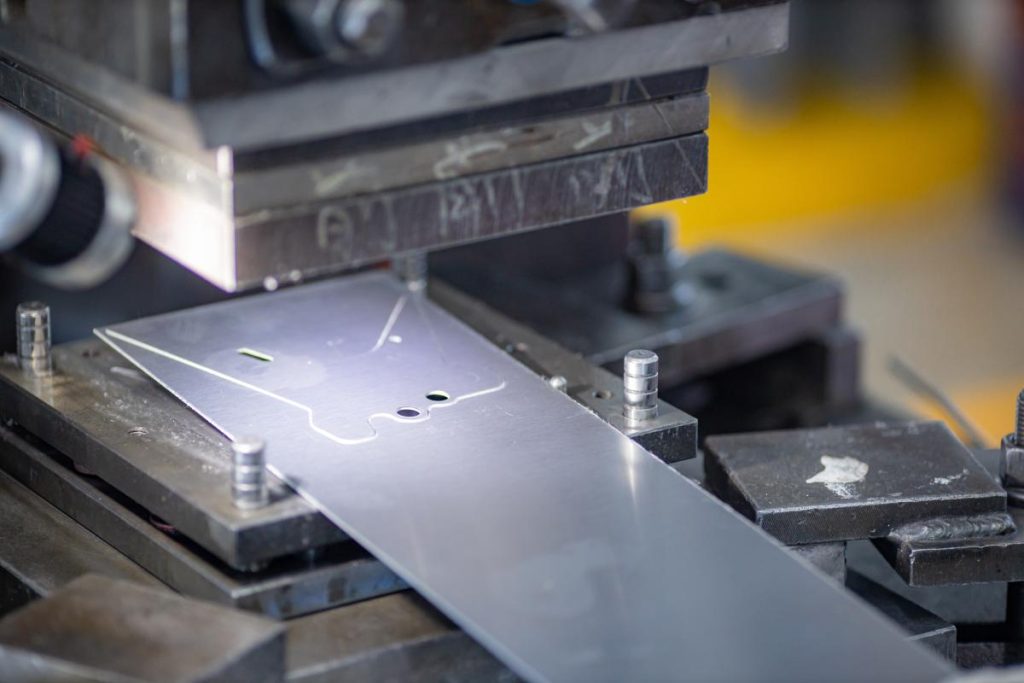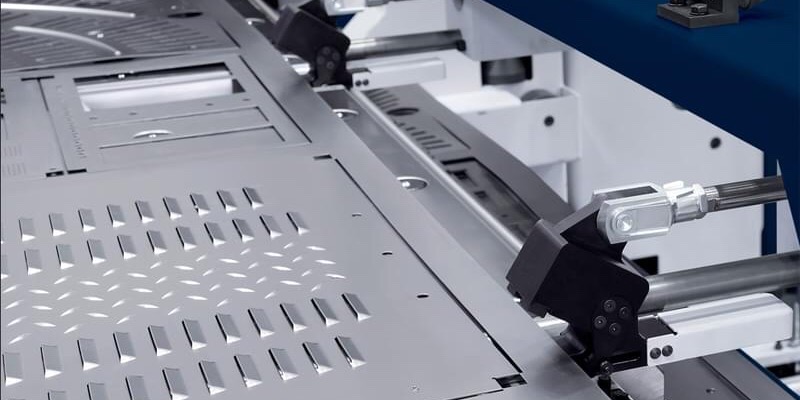Wrenches remain essential tools across diverse industries and DIY projects, demonstrating their indispensability in every toolbox. This comprehensive guide unravels various wrench types, their practical utility, and their significance in different fields.

1. What makes adjustable wrenches versatile?
Featuring an adaptable jaw, these wrenches accommodate different nuts and bolts, proving ideal for general-purpose use and adapting to various fastener sizes effortlessly.
2. Where are socket wrenches commonly used?
Socket wrenches dominate automotive repairs and construction, boasting a handle and detachable sockets of various sizes for easier access to fasteners, particularly in confined spaces.
3. What are the primary applications of Allen wrenches?
Allen wrenches excel in assembling furniture, bicycle repairs, and managing machinery equipped with hex socket screws, showcasing their versatility.
4. Why are torque wrenches critical in certain industries?
Critical for precise tightening, torque wrenches hold significance in aerospace, automotive, and machinery manufacturing settings.

Applications:
- – Automotive Repair: Essential for vehicle maintenance and repairs, from tire replacements to engine fixes.
- – Plumbing: Crucial in installing and repairing pipes, valves, and fixtures, ensuring leak-proof connections.
- – Construction and Maintenance: Utilized in assembling and maintaining structures, machinery, and equipment.
Wrenches and Geotextile Applications:
Wrenches play a vital role in geotextile installations, securing and adjusting fixtures for erosion control. They aid in fastening geotextile materials for soil stabilization, drainage, retaining walls, gabion baskets, or geotextile tubes.
In conclusion, the humble wrench holds its ground as a fundamental tool across various industries and household tasks. Its adaptability, paired with a diverse range of types, positions it as an indispensable asset in every toolkit.
